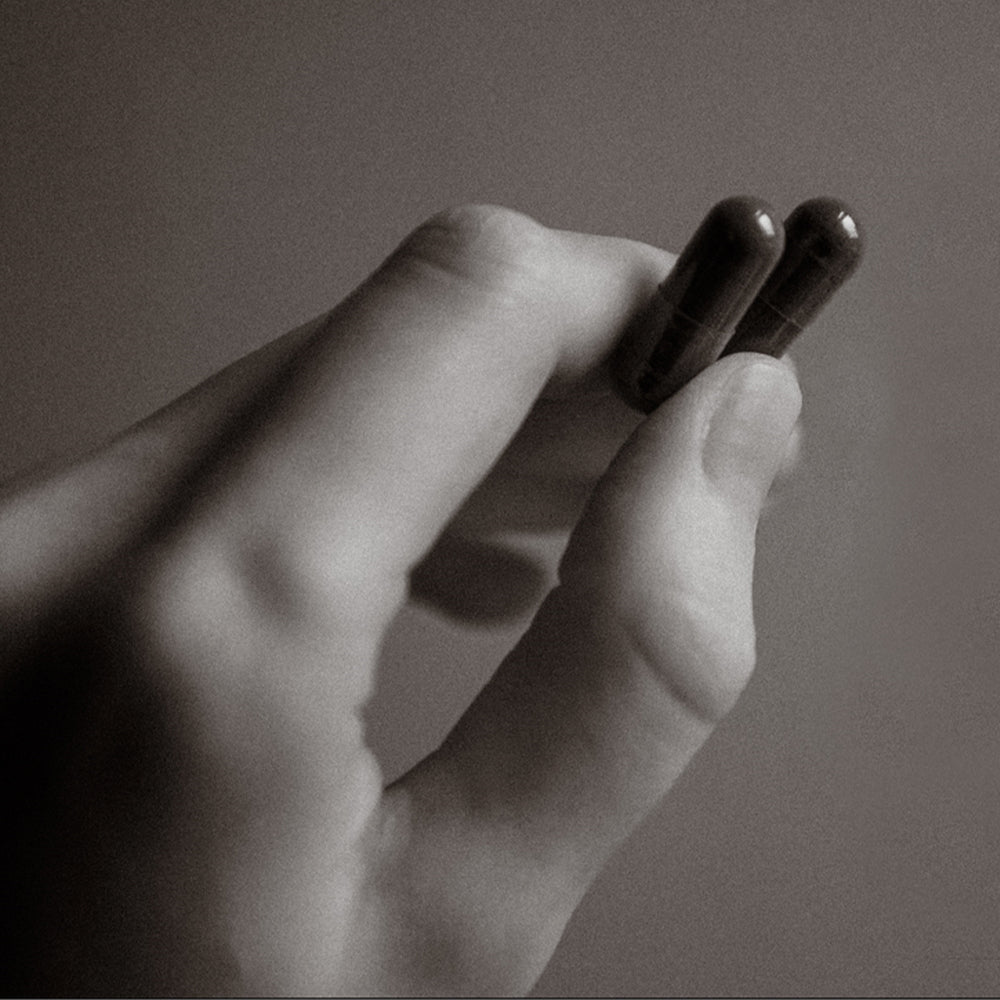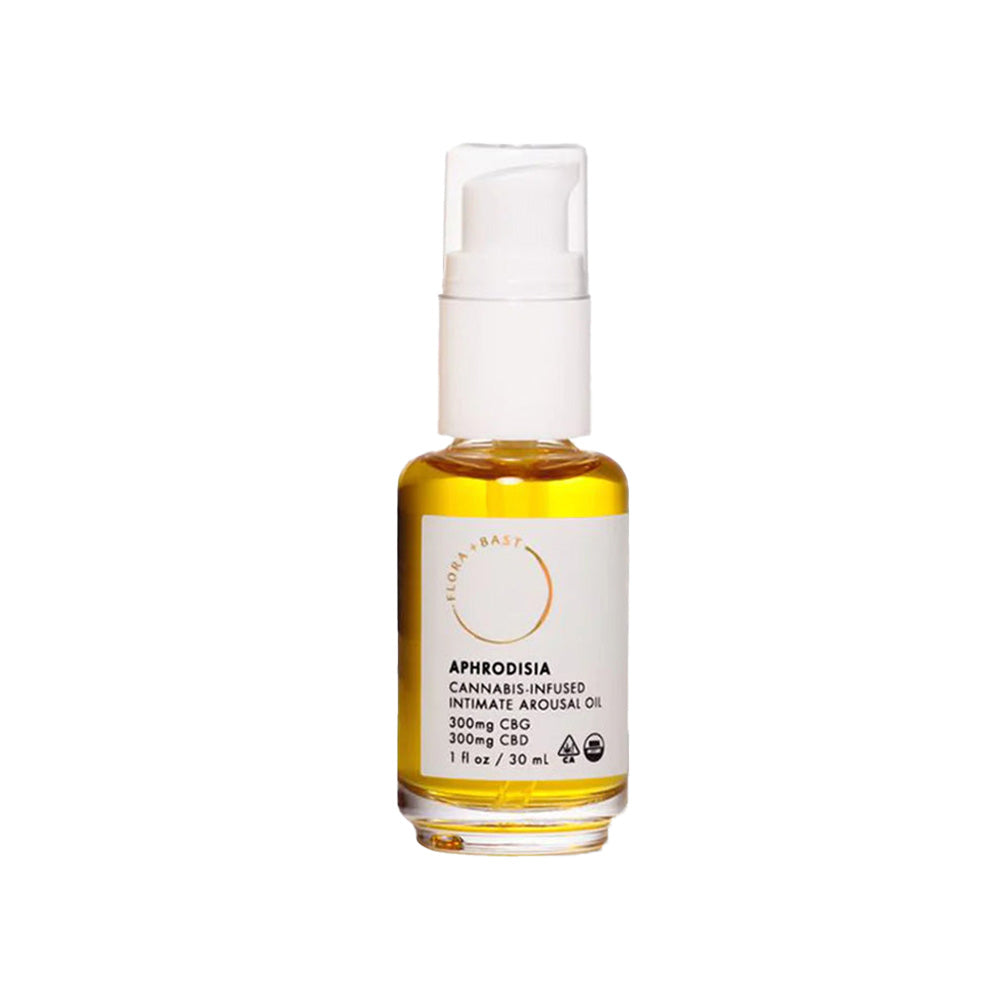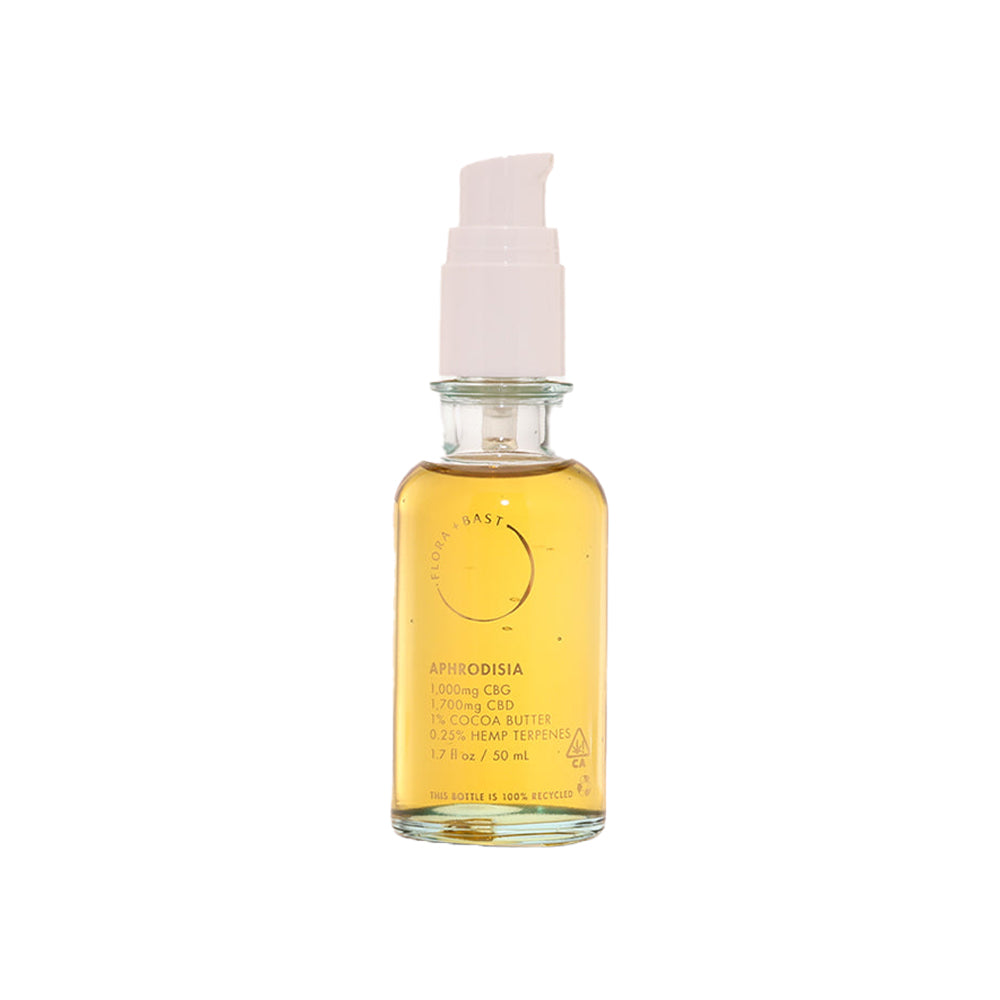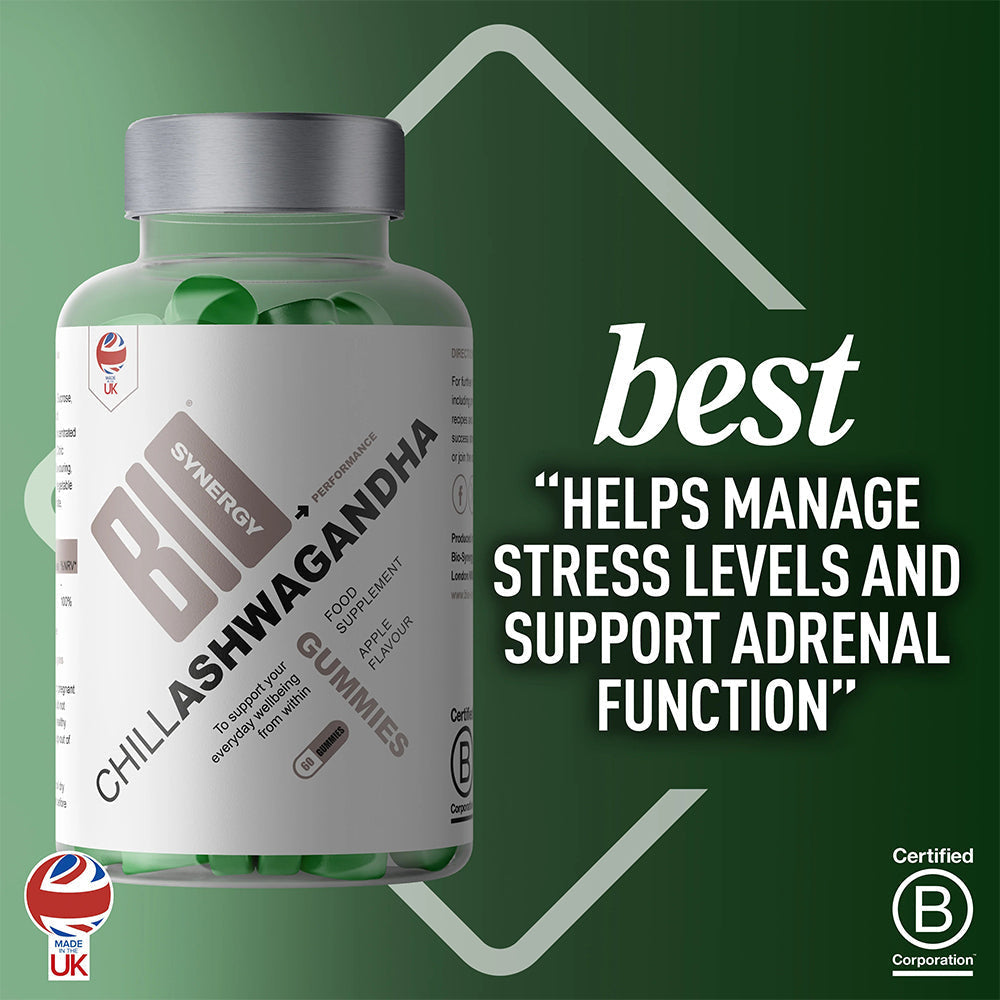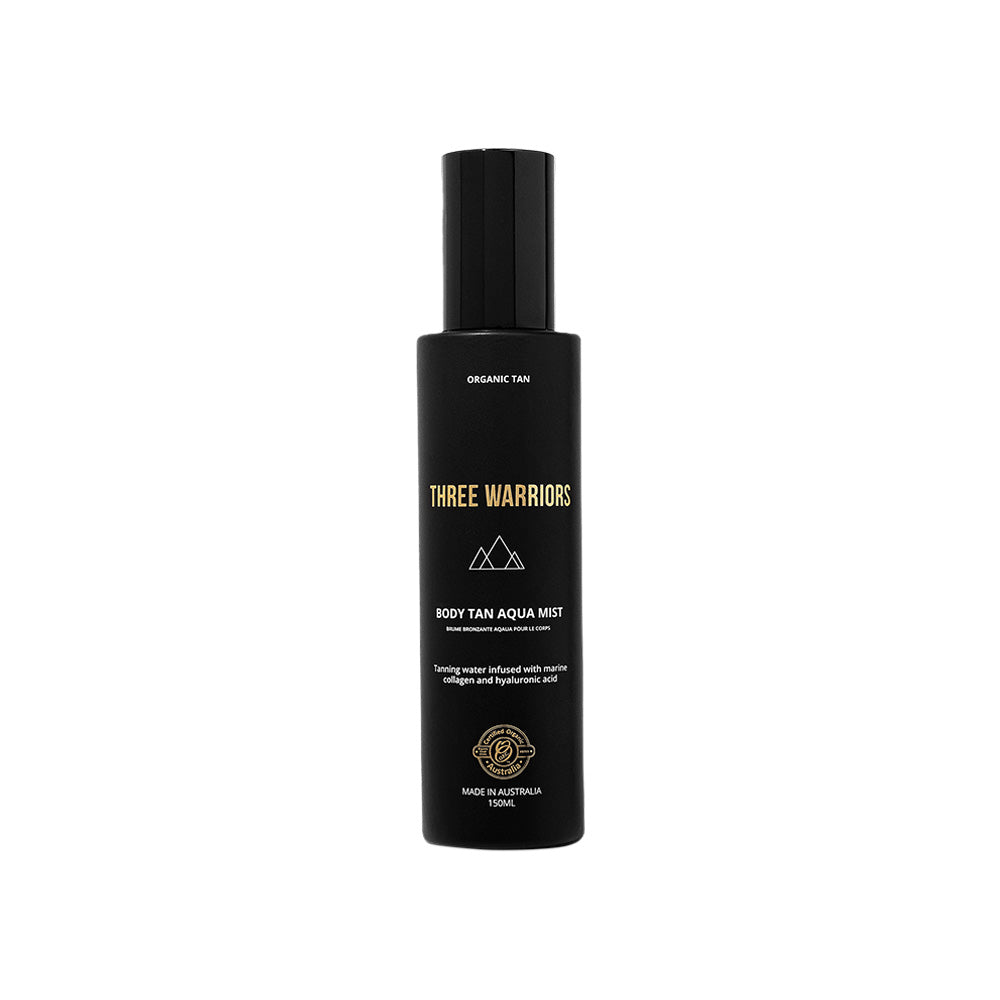If you’re feeling stressed, overworked, constantly overwhelmed, and are lacking in motivation, you might be experiencing burnout.
Statistics show that burnout impacts 76% of employees at some point in their careers. It's become so widespread that the World Health Organisation has now officially included it in the 11th Revision of the International Classification of Diseases.
According to experts, most people don’t even recognize that they have burnout because it’s become so normalized.
Therapist Jenny Okolo suggests this could be because of the ‘hustle culture’ conditioning we’ve all (particularly women and entrepreneurs) been subject to. She suggests it’s “been packaged and presented in various ways, such as being praised to be a ‘Girl Boss’ or ‘working till you drop’ and ‘We all have the same 24 hours in a day’ mantra, etc.”
What are the symptoms of burnout?
“There are an array of symptoms and it can manifest differently for everyone: stress, fatigue, lack of focus, cynicism, detachment, insomnia, anxiety, forgetfulness, irritability, anger, physical symptoms, increased illness, loss of appetite, depression, loss of enjoyment, pessimism, isolation, and a lack of productivity.”
“I’ve also seen, and experienced myself, feelings of ineffectiveness, lack of accomplishment, apathy, and hopelessness,” says Carly Ferguson, a coach, and human design expert.
Success coach and founder of the Female Entrepreneurs Network, Rebecca Lockwood, suggests the following could all be signs of burnout too:
Feeling unmotivated towards things that once excited you
Having ongoing colds and generally feeling unwell
Feeling down and anxious about day-to-day things
A general lack of emotion
Having no energy
Sound familiar?
Who is at risk of burnout?
“Burnout happens to everyone. If you are pushing yourself too far and not being mindful of
what is happening to you physically, emotionally, mentally, and energetically you are going to experience burnout whoever you are,” says Lockwood.
“Having coached senior leaders in large multinationals, I have seen the impact of burnout at work: poor decision-making, bullying, in-fighting, high staff turnover,” adds Moyra Mackie, a coach who specializes in dealing with stress, crises, and change.
“A-type personalities are at greatest risk – very often high achievers, perfectionists, and people pleasers who take on too much and who have supremely high standards for themselves and others.
“Sometimes, just before someone crashes and burns, they have a spurt of energy and creativity and are “hyper”. They usually don’t sleep much or eat well but they work, work, work. This is called overdrive and they’re actually running on fumes.”
How can you avoid and recover from burnout?
“Once you have got to burnout, the answer is nurture,” suggests Mackie.
1. Do work you love
“Do work that you love and that’s aligned with your gifts and passion,” says Ferguson.
Exploring the Japanese concept, Ikigai, which points to your ‘reason for being’, can help you to understand more about finding purpose in your work.
2. Have strong boundaries
“Work on having strong boundaries with colleagues and loved ones. Prioritize your self-care and build a strong nervous system so that you can withstand pressure,” says Ferguson.
“Create healthy boundaries and get organized – learn to say “no” and use your dairy to plan your day or week,” suggests life coach Chintal Kakaya.
Okolo agrees. She says, “Incorporating 'relaxation time' into your schedule can help you recover from burnout without feeling guilty as you're placing rest on par with the importance of work, enabling a healthy balance.”
3. Incorporate healthy habits
“The things that have worked best for me and my clients are: Kundalini yoga, human design (a high-performance tool that tells you how best to use your energy), breathwork, cold water swimming, meditative practice (whatever that looks like to you), experiencing more pleasure and play, time in nature, and a healthy diet with reduced stimulants,” says Ferguson.
“Eating a balanced diet alongside hydration is important for your recovery and prevention,” says Kakaya. Nutritious food means you can stay energized and support your mood with food that’s nourishing. It will help you to cope with life and work and plan better.
“It is vital to check that all your vitamin levels in your body are sufficient. There is a huge link between low vitamin D and fatigue so get a blood test and check this is all okay,” says Kakaya.
4. Get some exercise
“Implement any form of movement or exercise. If recovering from burnout, start with gentle walks, yoga, or any less strenuous exercise,” says Kakaya.
Exercise not only gives you time for yourself, away from work, but it can increase your confidence, energy levels, and of course, all those healthy, feel-good endorphins are released so you feel amazing.
5. Spend time in nature
It’s been proven that sunlight and nature can boost your mood, sleep, and brain health. The extra vitamin D is great for your body too! Nature can also invite more perspective into your life, which is a positive force when things feel overwhelming.
6. Get more sleep
“Burnout is physical and emotional exhaustion,” suggests Mackie – hence why sleep is so important. Mackie recommends 8-10 hours.
“Sleep is so underrated yet potent in allowing your body to rest and repair,” says Kakaya.
7. Assess your environment
“Our external environment can have an effect on us. For example, in your bedroom – avoid working and eating in bed. The bedroom is for relaxation and sleep to nourish our mind, body, and soul,” suggests Kakaya.
It’s all about creating those boundaries, and time and space for self-care.
8. Manage your stress
“Avoid multi-tasking and have a ‘switch-off day’ where you unplug and spend time by yourself doing things you enjoy,” says Kakaya.
Creativity expert and author, Julia Cameron, says that everyone should have a weekly ‘Artist’s Date’ where you spend time doing things you love just for you for the fun of it.
9. Mindfulness practice – meditation, breathing techniques & journaling
“Practice meditation or relaxation – it’s easy, and it can help you achieve some much-needed quiet brain time and gives you some breathing space,” says Dr. Panagiotis Karagiannis, a psychologist and clinical director at Support Room.
Dr. Karagiannis also suggests to, “Practice diaphragmatic breathing – it calms down our nervous system and it brings down our stress levels.”
Mackie reminds us how important journaling can be for recovery. “I am currently coaching a female CFO and she was aware she was on the edge of burnout. I insisted she keep a journal and she says it has driven so many healthy tweaks to the way she thinks, feels, and acts.
“She is able to catch her patterns and use her A-type personality to make healthy corrections, rather than to keep running faster and faster like the proverbial hamster on a wheel.”
10. Supportive relationships
“Friends and family that make you feel heard and understood, coaching or therapy [can help],” suggests Mackie. “The research shows that happiness, resilience, and reduced anxiety all come from the quality of our connections.”
She also adds, “Perhaps the most supportive relationship we need is with ourselves. And once again, journaling helps us reconnect with our inner coach, rather than our inner critic.”
What to do if you think have burnout
"There is no one-size-fits-all when it comes to avoiding burnout. Everyone is unique and should do what they can to take care of themselves. The key here is to engage in appropriate and adequate self-care,” says Dr. Karagiannis.
Ferguson suggests, “Most importantly know that there is no short-term fix. An extended holiday won’t cut it. Certainly, there are short-term measures you can put in place but you’ll need a long-term plan to heal your adrenal fatigue, nervous system, glandular system, etc.,” says Ferguson.
“Working with a coach will help you to rethink your approach to work and what will make you happier in the long run. Treat your burnout as a great opportunity to make important changes in your life.”












